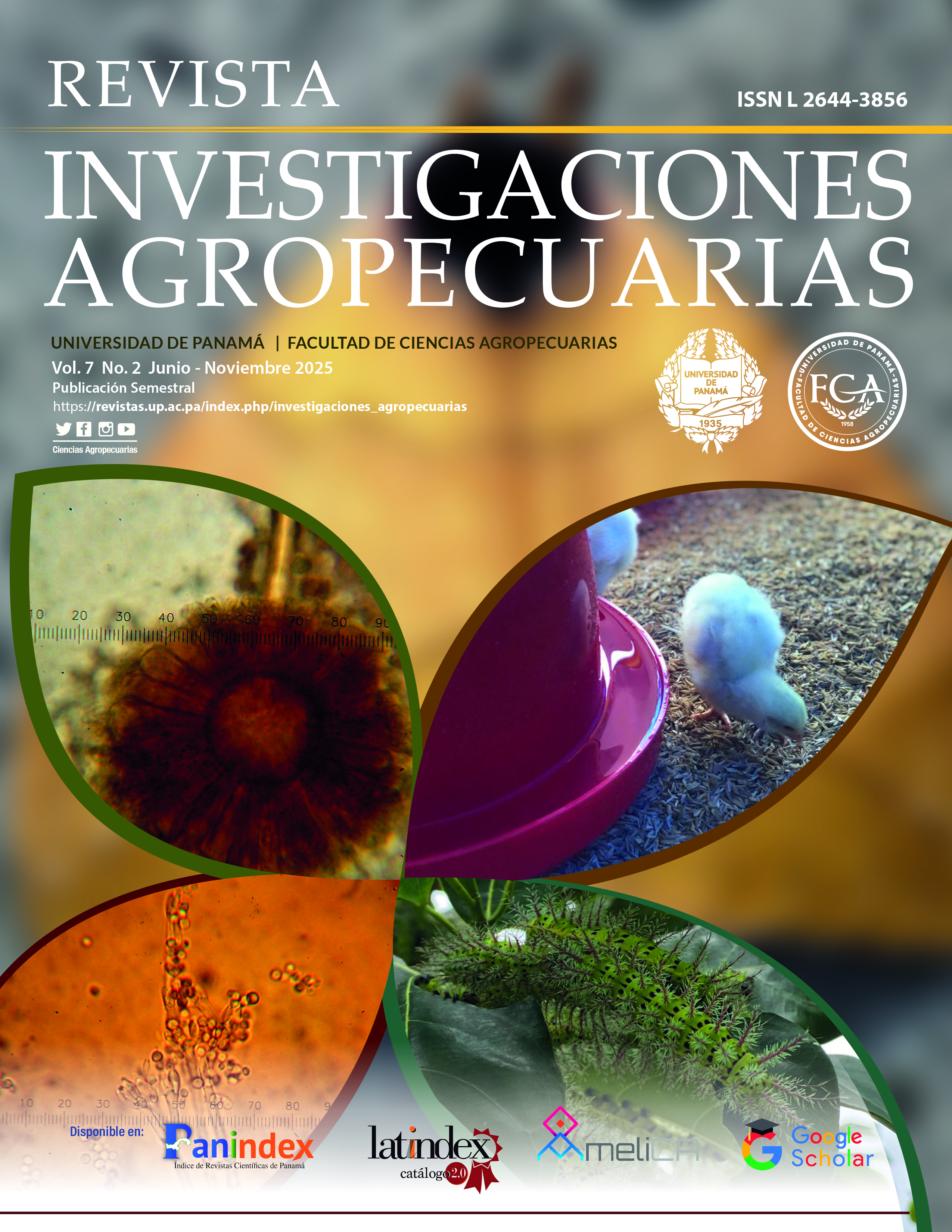

Copyright (c) 2025 Journal of Agricultural Research

This work is licensed under a Creative Commons Attribution-NonCommercial-ShareAlike 4.0 International License.
The effect of two commercial semen extenders—Optidux (liposome-based) and Triladyl (egg yolk-based)—on post-thaw sperm quality and functionality parameters was evaluated. Semen was collected from a crossbred bull (F1 Simmental × Gyr) using electroejaculation, with three collections performed at four-day intervals. The dilution ratio used was 1:3. Equilibration was conducted in a FOAM container with ice for three hours at 4 °C. For each collection, ten 0.5 ml straws per extender were frozen, and each set was considered a replicate. Cryopreservation was initiated by exposing the straws to liquid nitrogen vapor for 15 minutes before immersion in liquid nitrogen. Post-thaw semen (thawed for 30 seconds at 35 °C) was evaluated for total and progressive motility, vigor, viability, and morphological abnormalities. These parameters were assessed at 0 and 2 hours of incubation. Statistical analysis was performed using the Chi-square test. Significant differences (p<0.02) were observed in sperm viability, with Triladyl® showing superior performance (32% viability at 0 hours post-thaw). Although viability decreased at 2 hours, Triladyl remained the most effective extender (p<0.007). In conclusion, both Optidux and Triladyl provided comparable in vitro results for post-thaw semen quality, suggesting that both liposome- and egg yolk-based extenders effectively mitigated structural damage during the freezing–thawing process, thereby preserving sperm motility.